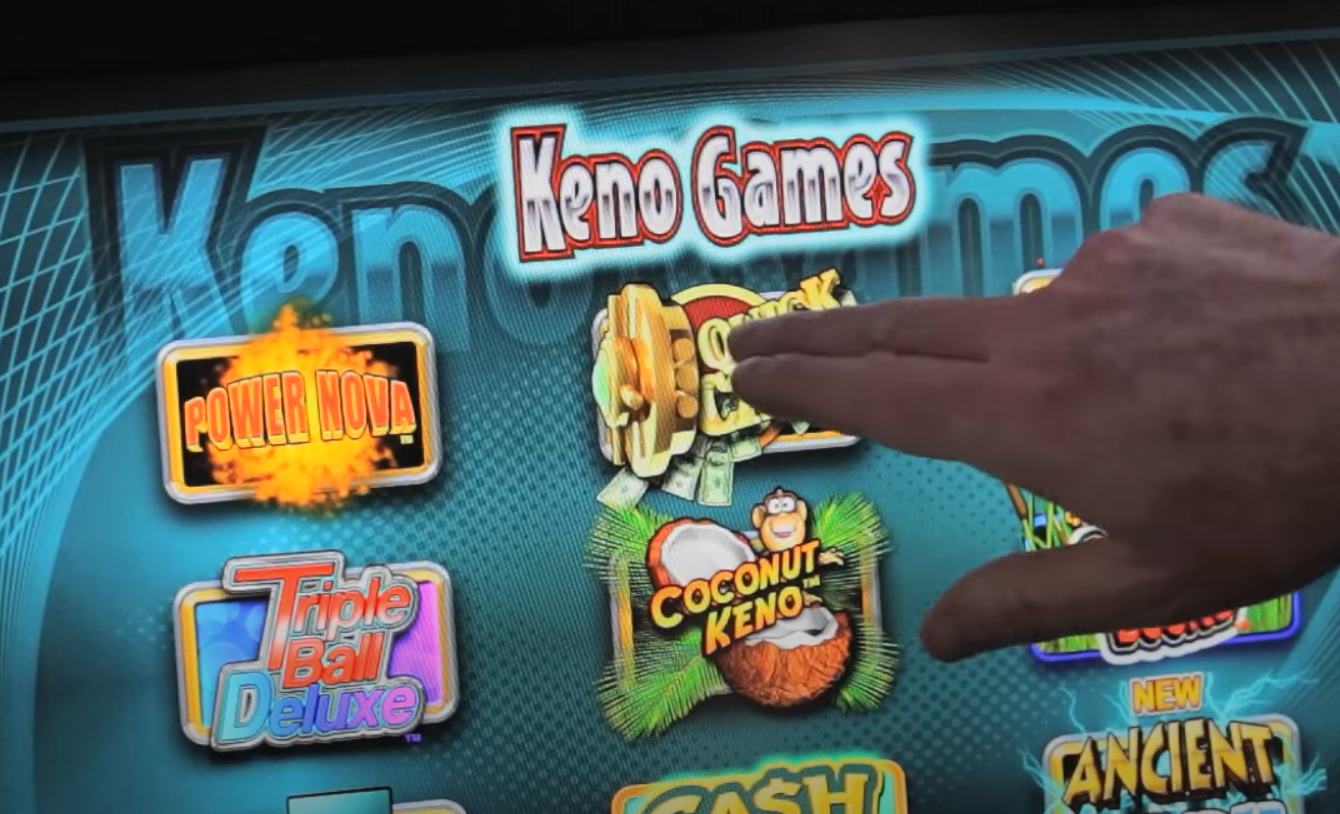
Seth Tupper, South Dakota Searchlight
Owners of South Dakota video lottery establishments hope a lean budget for state government might incentivize legislators to raise the bet limit and allow more machines per license.
The more money players bet, the more revenue the state makes. After players’ winnings are subtracted from sales, the state and video lottery operators evenly split what’s left.
Troy Erickson of M.G. Oil, a licensed video lottery operator in Rapid City, told the state Lottery Commission on Thursday in Pierre that the South Dakota Licensed Beverage Dealers and Gaming Association is seeking the introduction of legislation.
The proposals would raise the video lottery bet limit from $2 to $4 per play, and raise the cap on machines per license from 10 to 15.
Neither the bet limit nor the machine cap have been increased since South Dakota voters legalized video lottery 35 years ago, despite multiple tries.
“The squeaky wheel is just going to keep coming,” Erickson said.
Opponents of past efforts expressed concerns about the proliferation of video lottery casinos, the pervasiveness of gambling in society and the prevalence of gambling addiction.
Lottery Commissioner Tona Rozum, a former legislator, said it’s difficult to know how many legislators might express those concerns again this winter, given the high number of new lawmakers elected in November.
“You’ll have that contingency, and it will depend on how large that contingency is this session,” Rozum said.
Lawmakers will convene Jan. 14 for the annual legislative session. They’ll confront a tighter budget than in recent years, due to the depletion of federal pandemic relief money and declining sales tax revenue. Republican Gov. Kristi Noem has proposed numerous cuts to balance revenues with expenses.
South Dakota has 1,398 licensed video lottery establishments and 11,092 video lottery machines, which take in more than $1 billion annually from players and return about $165 million in yearly revenue to the state.
